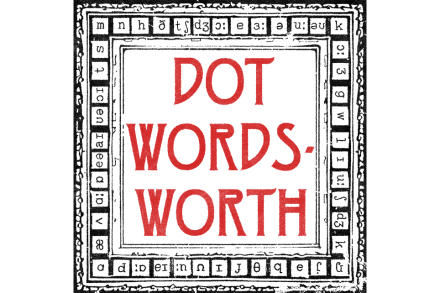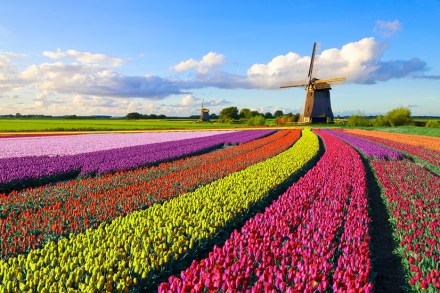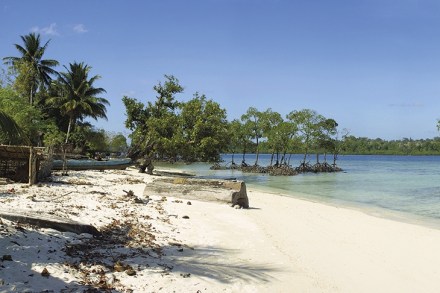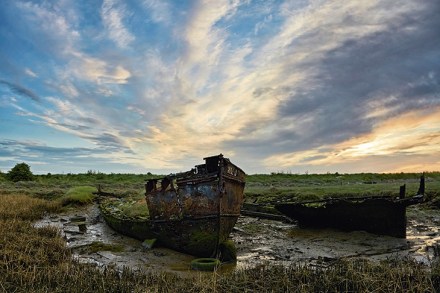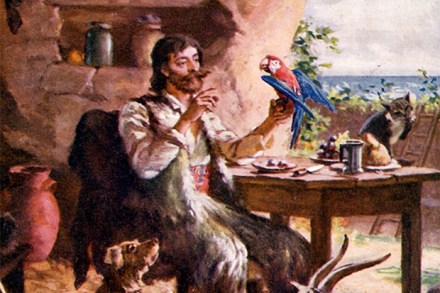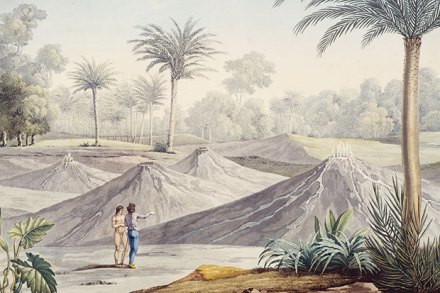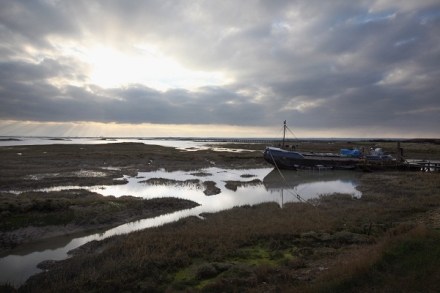What’s in a place name?
‘Oh, no!’ cried my husband from the other room in the tones of one who has upset the goldfish bowl on to a rare book. I rushed in, despite previous experience, and found the problem was that the BBC had just referred to ‘Princess Catherine’. To take his mind off it, I told him about Bedfordshire putting its foot down on the spelling of one of its villages. In future, when a road sign needs replacing, it will refer to Yelden – not Yielden or even Yieldon. There had been an attempt to resolve the uncertainty in 1998 when villagers were asked what they thought the village was called. Thirty
